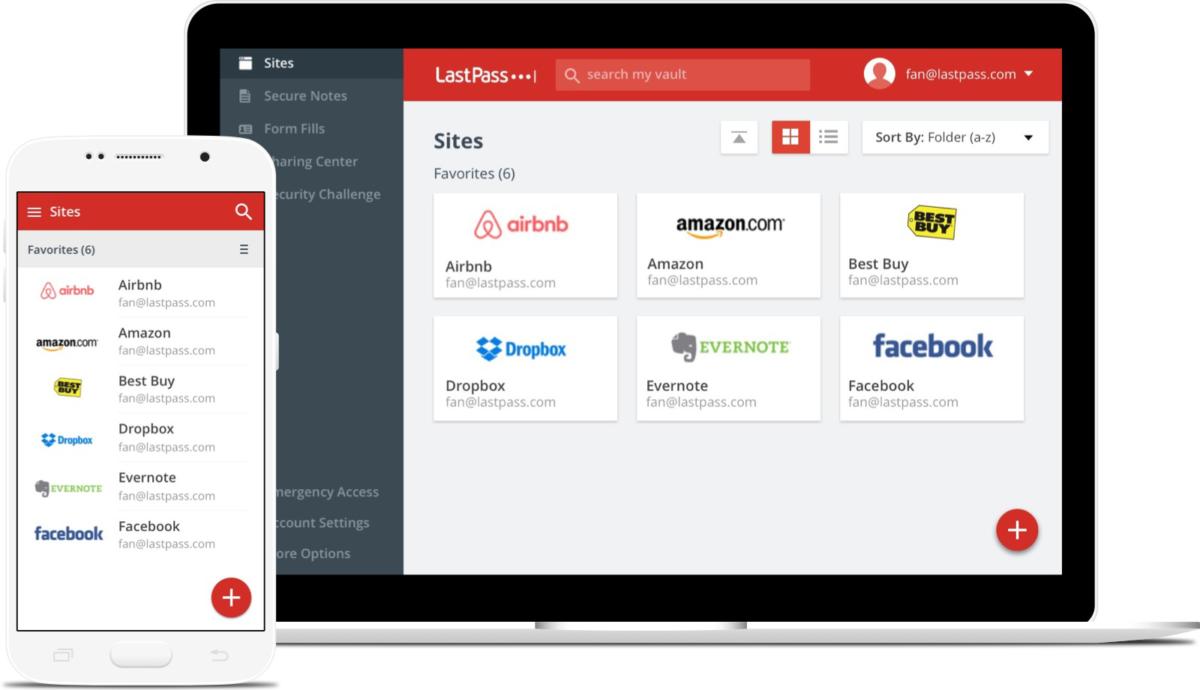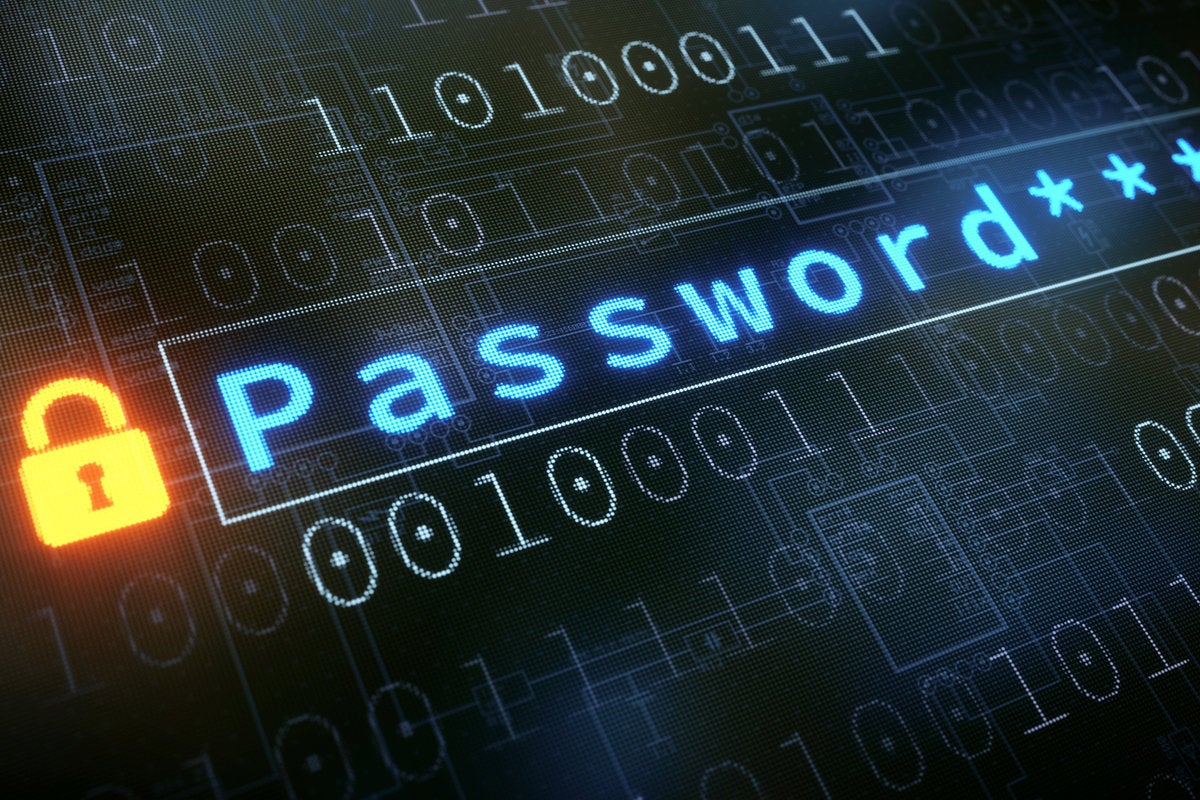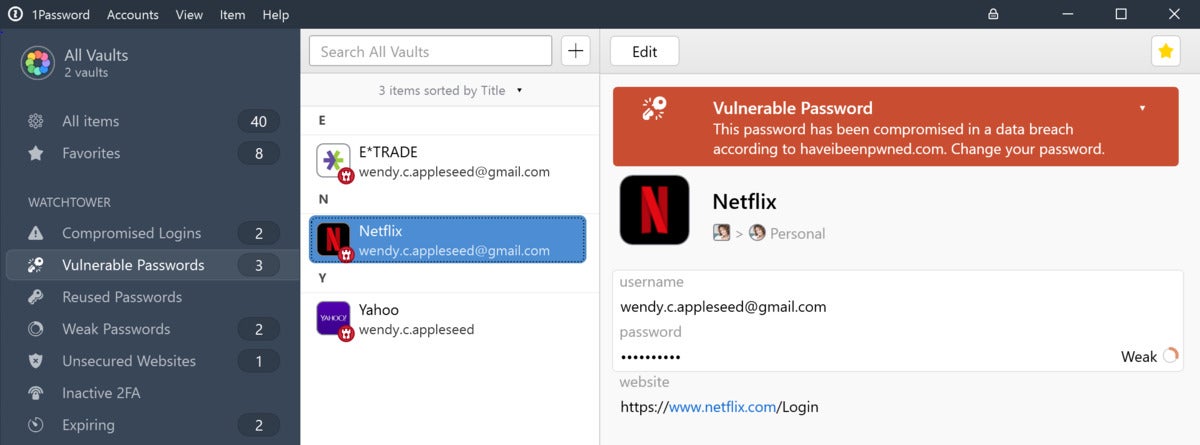Are you getting the absolute most from your password manager? Consider these five helpful tips.
Today’s Best Tech Deals
Picked by PCWorld’s Editors
Top Deals On Great Products
Picked by Techconnect’s Editors
If you aren’t using a password manager yet, you really need to start, because protecting online accounts has never been more important. To take just one example, a personal email account now contains years of not only correspondence, but also purchase histories, travel plans, and links to other key accounts, including credit cards and banks.
You probably also have passwords for banking, home security systems, social media, and digital platforms at work. And on, and on, and on. With all that critical information floating around your digital world, securing that world is extremely important—and that’s where password managers come in. With a password manager, you no longer have to rely on that old (and insecure) trick of using one easily remembered password on multiple accounts.
Instead, a password manager enables you to use a complex password for every single online account. At the same time, you only have to remember the single password that lets you into the password manager itself. Moreover, the best password managers encrypt your data before it leaves your device so the platforms on which you log into can’t access your password vault. Only you can.
We’ve extensively tested the most popular password managers, and our current favorite is LastPass, with Dashlane running a close second. But before you consider signing up, here are five tips to help make the most of your password manager.
You need multiple device access
 LastPass
LastPassLastPass offers multiple device access only to paying customers.
A lot of people were upset when LastPass pulled multi-device access from its free product, and for good reason. There’s just no getting around it: You need access to your password manager on your phone, your Windows PC, your tablet, your Chromebook—basically everywhere.
Indeed, you’re not always working on your PC, and there will be many occasions when you’ll need a key password while on your phone or tablet. Beyond that, manually entering longer passwords can be a real pain, which is inevitable if you only have passwords on your phone, but need to enter them on your PC.
You can still find free password managers like Bitwarden that support multiple devices, as well as other options that let you manage your own password vault on a server or in Dropbox. But your choices widen considerably if you select a paid service like Dashlane or LastPass. The annual subscription will be well worth the ease of use, too, as you get other useful features like password sharing.
Your master password doesn’t need to be hard to remember
 Getty Images
Getty ImagesNot so long ago, conventional wisdom told us to create a random string of letters, numbers, and symbols for every password. But that type of password is hard to remember.
The advice has since changed. Instead of using a random string of nonsense for your master password, choose something more memorable that you can easily repeat. Even if you’re forced to add at least one capital letter, number, and special character for your master password, you can choose something like “Bob-goes-2-school.” Passphrases like this are much easier and faster to type, and throwing in the separating symbol between words increases the difficulty of anyone guessing the phrase.
It’s about more than just passwords
 1Password
1Password1Password supports document storage.
The primary purpose of your password manager is to keep your passwords safe and secure, and then making them accessible on all your devices in just a few clicks or taps. However, a useful password manager lets you store more than just passwords.
There are tons of other items you may need to keep secret and secure. This can include software licenses, identity verification questions from a bank, or other items that need to be more secure than just sitting in a folder on your PC.
A number of password managers also let you upload notes, images, and more to keep your critical information safe.
Protect your password manager with two-factor authentication
 Free-Photos / Matejmo / Getty Images
Free-Photos / Matejmo / Getty Images If supported, protect your password manager account with two-factor authentication. This entails supplying a second code before accessing your password vault. That can be a pain if you have to do it every time, but many password managers let you set certain devices as “trusted” so that you only have to use your master password day in and day out.
If someone tries to log in to your password manager account from a device that’s not yours, two-factor authentication makes it much harder to break in, even if they have your master password. Considering that password managers contain the keys to our digital kingdoms, this extra protection is well worth it.
Don’t always trust the password generator
Look, I’ve used every major password manager, and at some point every single one of them has failed remember a password that was created with its own password generation feature. It is incredibly frustrating when a password manager doesn’t remember a newly changed password, and briefly locks you out of your account. Now, I’m not talking about when you use those one-click features (like Dashlane’s) that change multiple passwords at once. That has always been fine in my experience.
The problem comes when you have to create a new password for a single account on the fly. There is always a danger zone between the time your password manager creates the new password and when it saves the password change. Every now and then, something can go wrong and the new password doesn’t get saved. For that reason, I always, always, always create a new password manually and copy it somewhere else until I’ve confirmed the password manager has stored it properly.
Despite this small problem, password managers are fantastic tools to secure your critical online information. With these tips, you’re on your way to having an excellent and hassle-free experience with the password manager of your choice.
Note: When you purchase something after clicking links in our articles, we may earn a small commission. Read our affiliate link policy for more details.
Ian is an independent writer based in Israel who has never met a tech subject he didn’t like. He primarily covers Windows, PC and gaming hardware, video and music streaming services, social networks, and browsers. When he’s not covering the news he’s working on how-to tips for PC users, or tuning his eGPU setup.

